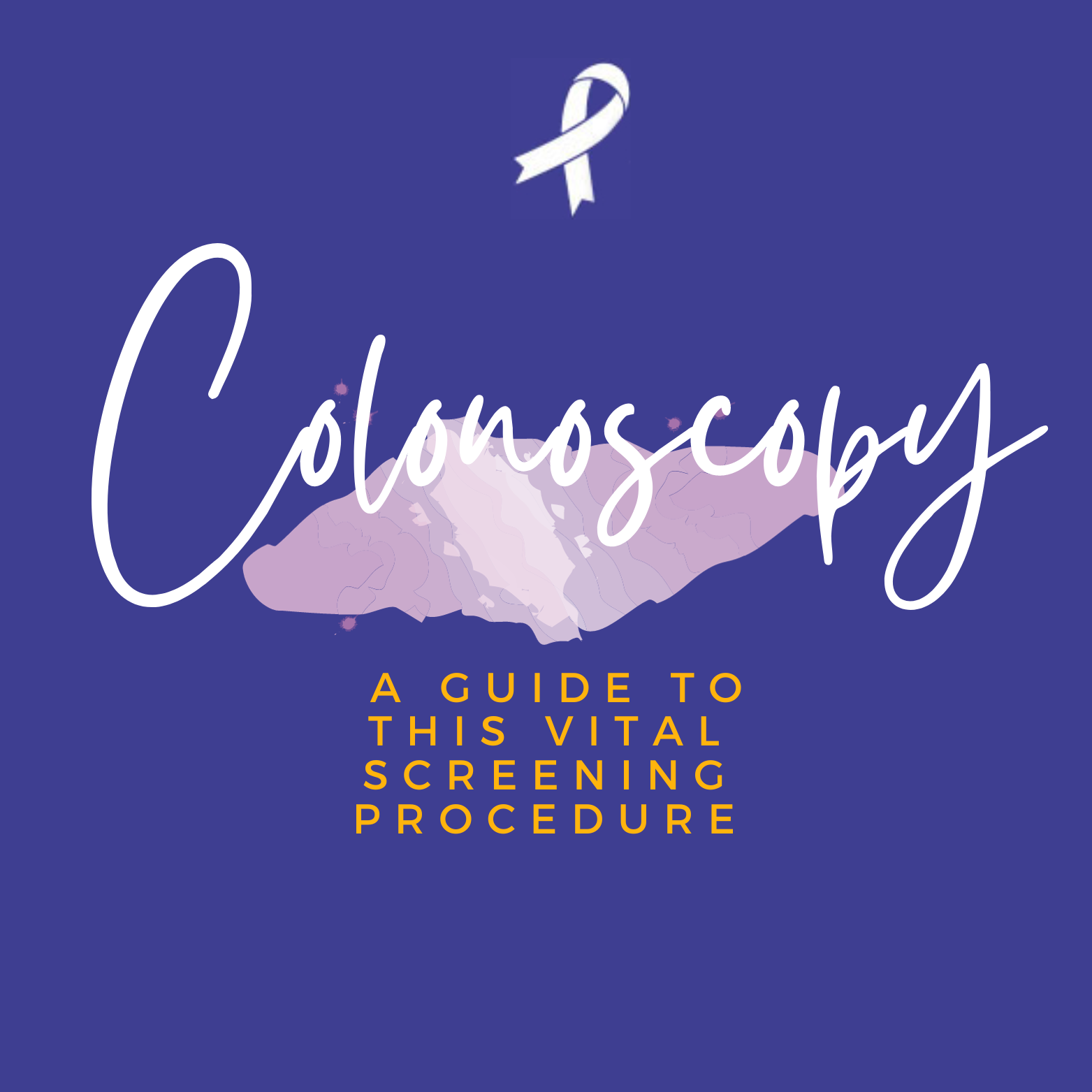Introduction
When it comes to safeguarding your health, knowledge is your most powerful ally. Understanding medical procedures and screenings is crucial in making informed decisions about your well-being. One such important procedure is a colonoscopy. If you’ve ever wondered what a colonoscopy is, why it’s performed, and what to expect, you’re in the right place. In this comprehensive guide, we’ll delve into the world of colonoscopies to help you gain a clear understanding of this vital screening method.
What Is a Colonoscopy?
A colonoscopy is a medical procedure used to examine the inner lining of the large intestine, specifically the colon and rectum. This screening test is essential for detecting colorectal cancer and IBD, which is one of the most common and deadly cancers worldwide. Colonoscopies are typically performed by gastroenterologists, medical specialists trained in diagnosing and treating digestive disorders.
Why Are Colonoscopies Performed?
Colonoscopies serve multiple purposes:
- Screening for Colorectal Cancer: The primary goal of a colonoscopy is to screen for colorectal cancer and its precursors, such as polyps. Early detection can significantly increase the chances of successful treatment and long-term survival.
- Polyp Removal: During the procedure, the gastroenterologist can identify and remove polyps, which are abnormal growths that can potentially turn cancerous over time. This preventative measure can reduce the risk of colorectal cancer development.
- Diagnostic Tool: Colonoscopies are also used to investigate gastrointestinal symptoms like unexplained abdominal pain, changes in bowel habits, or rectal bleeding. They help in diagnosing various digestive conditions, including inflammatory bowel disease, diverticulosis, and more.
- Monitoring Chronic Conditions: Individuals with a history of colorectal cancer or certain chronic conditions, like Crohn’s disease or ulcerative colitis, may require regular colonoscopies to monitor their health and detect any disease recurrence.
What to Expect During a Colonoscopy
Before the Procedure:
- Preparation: A crucial step in a successful colonoscopy is the preparation. This usually involves a strict diet and bowel cleansing process to ensure the colon is clear for examination. Your doctor will provide specific instructions.
During the Procedure:
- Sedation: Most colonoscopies are performed under sedation, which means you’ll be comfortably asleep during the procedure. This ensures you experience minimal discomfort or pain.
- Colonoscope Insertion: A thin, flexible tube with a camera at the end, called a colonoscope, is gently inserted through the rectum and advanced into the colon.
- Visual Examination: The doctor carefully navigates the colonoscope, examining the lining of the colon. They look for polyps, abnormalities, and signs of disease.
After the Procedure:
- Recovery: After the colonoscopy, you’ll be monitored in a recovery area until the effects of sedation wear off. It’s essential to have someone accompany you to the procedure, as you may not be fit to drive immediately afterwards.
- Results: Your gastroenterologist will discuss the findings with you, and if necessary, provide recommendations for further treatment or surveillance.
Is a Colonoscopy Safe?
Colonoscopy is generally considered a safe procedure. Complications are rare but can include bleeding, perforation of the colon (a very rare occurrence), and adverse reactions to the sedation. It’s crucial to discuss any concerns or medical conditions with your healthcare provider before the procedure to minimise risks.
Conclusion
In summary, a colonoscopy is a vital screening and diagnostic procedure that plays a significant role in colorectal cancer prevention and early detection. It provides a comprehensive view of the colon’s inner lining and can help identify and address potential health issues. If you are due for a colonoscopy or have concerns about your digestive health, consult with your healthcare provider to determine the best course of action. Remember, staying informed about your health is a proactive step towards a longer, healthier life.

